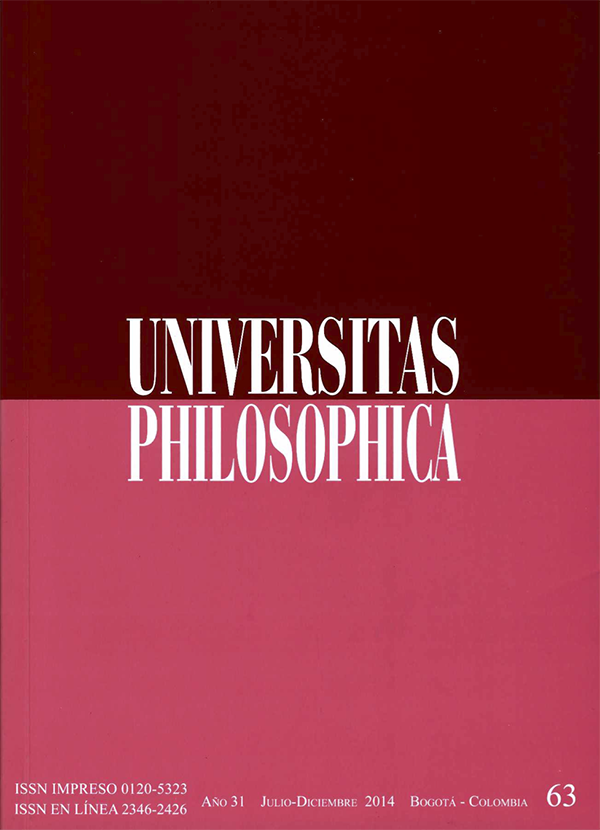Abstract
This paper analyzes the methodological use of dialectic in the philosophy of Paul Ricœur, arguing that at its core this philosophy is moved by the dynamics stemming from the interaction between conflict and conciliation. In sketching an alternative model to better understand Ricoeur’s original approach to philosophy, my rational reconstruction of his method assesses his “post-Hegelian Kantism”, the procedures of conflict, mediation, conciliation and dialectic and the importance of the engaged reader. I will contend that one of Ricoeur’s lasting contributions to philosophy is to show how one can be original while being thorough and that the enlarged perspective built by his thinking together successfully explains phenomena by avoiding reductionism and striving for the quest of new meaning through a process of perpetual reinterpretation.
This journal is registered under a Creative Commons Attribution 4.0 International Public License. Thus, this work may be reproduced, distributed, and publicly shared in digital format, as long as the names of the authors and Pontificia Universidad Javeriana are acknowledged. Others are allowed to quote, adapt, transform, auto-archive, republish, and create based on this material, for any purpose (even commercial ones), provided the authorship is duly acknowledged, a link to the original work is provided, and it is specified if changes have been made. Pontificia Universidad Javeriana does not hold the rights of published works and the authors are solely responsible for the contents of their works; they keep the moral, intellectual, privacy, and publicity rights.
Approving the intervention of the work (review, copy-editing, translation, layout) and the following outreach, are granted through an use license and not through an assignment of rights. This means the journal and Pontificia Universidad Javeriana cannot be held responsible for any ethical malpractice by the authors. As a consequence of the protection granted by the use license, the journal is not required to publish recantations or modify information already published, unless the errata stems from the editorial management process. Publishing contents in this journal does not generate royalties for contributors.


